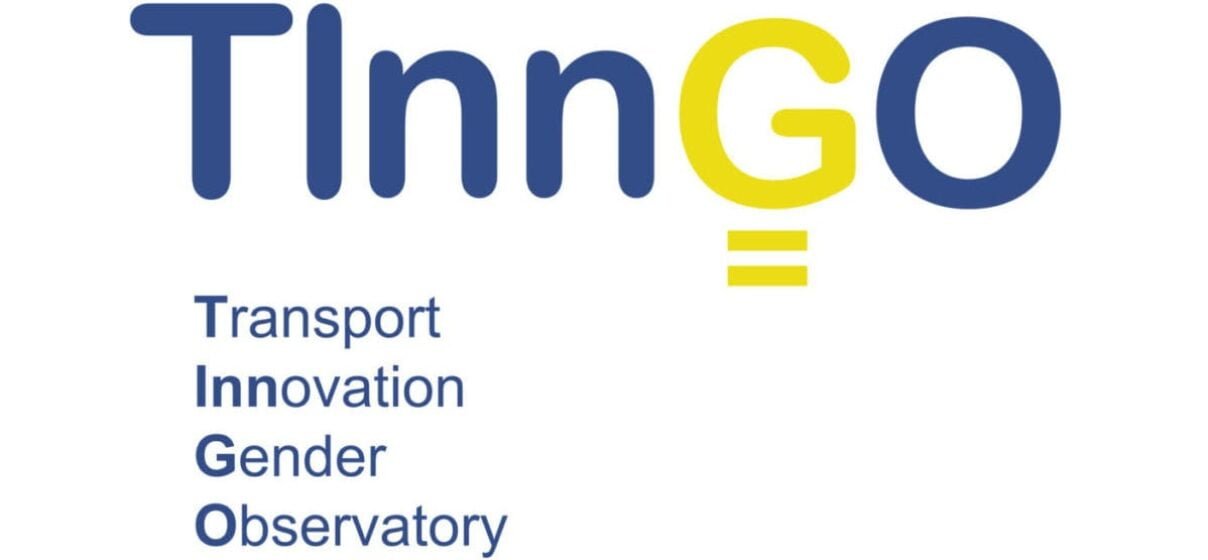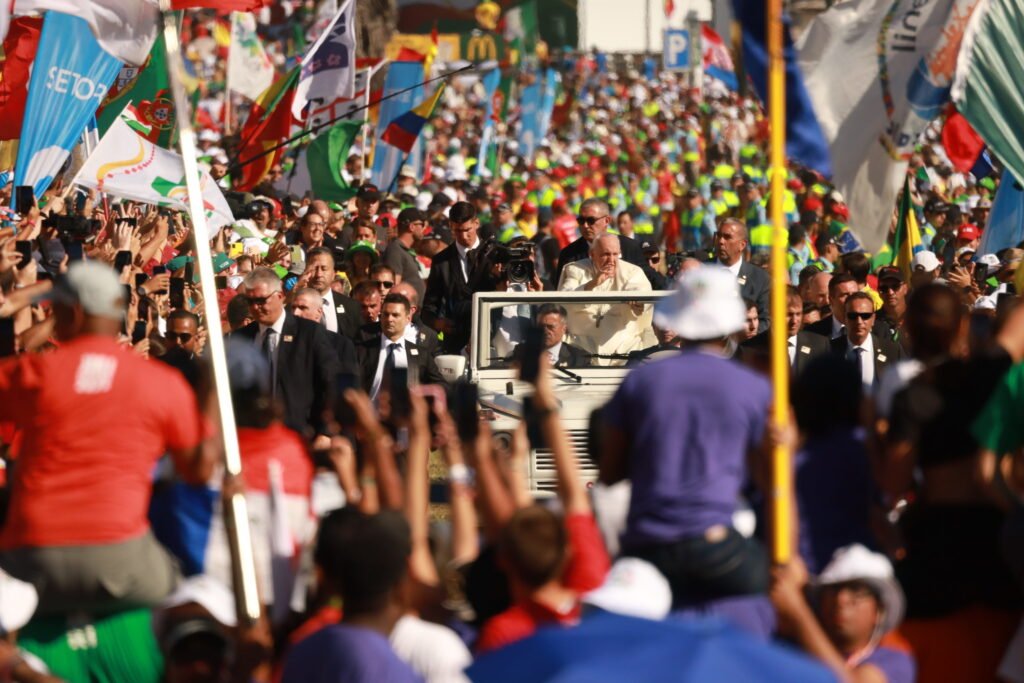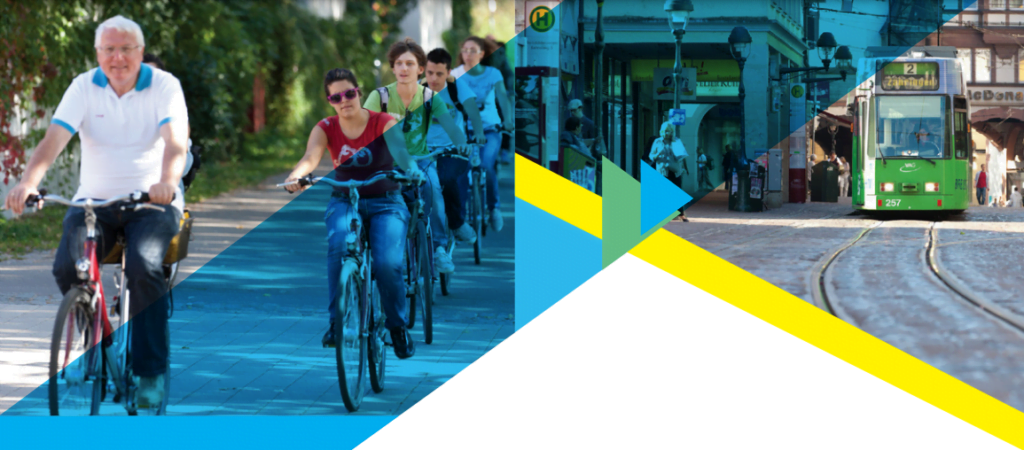Transport Innovation Gender Observatory (TInnGO)

Women face higher risks and burdens than men in transport, due to unequal access to resources, education, job opportunities and entrenched socio-cultural norms. No former EU-funded project had applied an intersectional gender approach to smartening transport. TInnGO therefore lead research into a new era and used such knowledge to achieve impacts on Social, Economic, Environmental and European ambitions of growth, wealth and innovation.
The project developed a framework and mechanisms for a sustainable game change in European transport using the transformative strategy of gender- and diversity-sensitive smart mobility. It addressed gender-related contemporary challenges in the transport ecosystem and women’s mobility needs, creating a route for Gender Sensitive Smart Mobility in European Transport, which considers diversity of different groups.
Within the study, VTM was assigned a number of targets:
- To explore mobility and designate the main drivers of mobility needs
- To explore the reasons behind non-materialized trips
- To understand what the effect of personal life, restrictions, activities and obligations is
- To assess what the role of transport system (safety, security, land-use and perceived safety) is on women’s mobility behaviour and their opportunities in employment
- To quantify the impact of transport policies and use of technologies on different user groups.
Intersectional analysis, with gender aligned to socio-cultural dimensions, was applied to different types of transport data, assessment tools, new mobility policies, planning and services to show the prevalence of transport poverty in traditionally hard-to-reach groups.
TInnGO showed how inequalities are created and addressed gendered practices of education, employment, technological innovations and entrepreneurship as arenas for change and inclusion of gendered innovations. A Pan-European observatory for gender smart transport innovation (TInnGO) provided a nexus for data collection, analysis, dissemination of gender mainstreaming tools and open innovation. TInnGO’s emphasis on diverse and specific transport needs was shown in a unique comparative approach enabling contributions from, and influence of 13 member states in 10 hubs.
Related case studies
All case studies
Mobility and transport plan for the World Youth Day, Lisbon 2023
The Portuguese Government established a team to coordinate and prepare many of the aspects of the World Youth Day 2023, in Lisbon. WYD is the largest Catholic event, bringing together hundreds of thousands, even millions, of young people from all over the world for various meetings with the Pope. VTM was chosen to develop the […]

Sustainable Urban Integrated Transport Systems: Transferable tools for S-M local authorities (SUITS)
Previous EU projects identified systematic failures in the capacity of local authorities and their partners – lack of infrastructure, critical mass and resources and poor data collection and analysis. This capacity deficit is a handicap in implementing sustainable transport measures, causing the loss of social and economic well-being for citizens. Withtechnological and mobility changes, there […]
